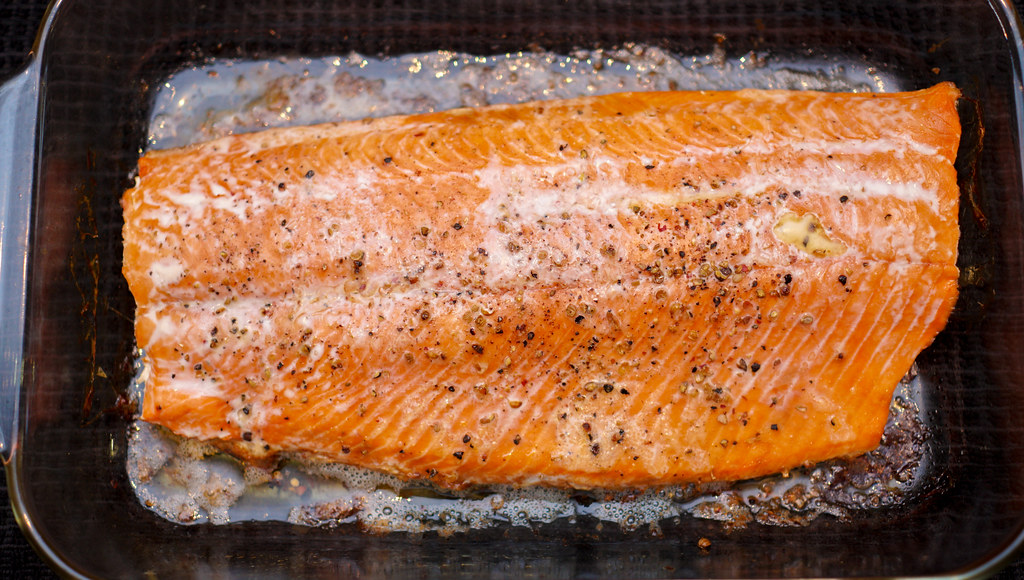
Thanks for publishing my photograph in this piece introducing the ketogenic diet, in @MDCollegian, the student newspaper of University of Massachusetts Amherst.
It’s the first time one of my photos is used in a piece about nutrition, compared to the other equally “help the world learn to love better” uses.
I support college journalism and especially the delving into health topics of importance for our time.
The piece itself is well written and referenced. The first part has good congruency to what the science says. Other parts are not as accurate, which I’ll address here.
The challenge, as I’ve noted on this blog several times, is ever-present conflicts of interest of information sources, that even physicians still struggle with. From this perspective alone, I respect the work of the author of the piece, Ally Littlefield, for taking this on, along with a host of other nutrition topics. It’s far better to have this information available than not. So, great work and thank you!
What a ketogenic diet is
Correctly stated, this is a low-carbohydrate, moderate protein, higher fat diet.
A better term to use is “healthy fat” because when people go on these diets, they typically don’t eat more fat per gram, they eat more of the percentage of their calories from fat. This is often misunderstood.
If carbohydrates are not present in the body, the liver is unable to break down fat and ketone bodies are produced to replace circulating sugar for cell energy.
Well….Carbohydrates are always present in the body. When a person eats less of them, the liver begins to break down fat instead of creating and storing it. Too much creating and storing of fat creates non-alcoholic fatty liver disease, which it’s estimated 25% of the North American population now has (!).
These ketone bodies can be used by cells for energy instead of glucose. So, if we deprive our body of carbohydrates, we can train it to use ketone bodies that directly metabolize fat as our main energy source.
This paragraph in general explains things well, from carbohydrate burning to fat burning is the transformation our bodies make, which in and of itself is amazing.
Weight Loss and Metabolic Health
Not only is this a very difficult regimen to stick to for a sustainable amount of time, but some people often experience symptoms of fatigue, bad breath, trouble sleeping, nausea, vomiting and constipation.
I think there’s confusion between keto-acidosis (life threatening) and ketosis (natural state). The unfortunate near-ness of the terms is still a problem for doctors, too.
Nausea and vomiting are not a feature of ketogenic diets. Adaptation to a ketogenic diet can have some of the other symptoms. Every body is different.
People can have fatigue, insomnia, and poor mood on a Standard American Diet (SAD) as well, and especially so if it results in them being unable to be physically active or metabolically healthy.
People who wish to be free from diabetes and reduce their risk of heart disease sustain this regimen for very long periods of time.
This brings to the topic of “metabolic health” vs “weight loss” – desirable weight is a component of metabolic health but it does not define metabolic health. There are people at desirable weight on low carbohydrate diets for their metabolic health. There are people who are overweight on low carbohydrate diets for their metabolic health.
See this blog post for a little more info about that:
Adventures in Metabolic Health and Diabetes Reversal, Low Carb Breckenridge, Breckenridge, CO USA
Good and Bad Fats
Eating large amounts of saturated fat, known as the “bad fats,” can cause an increase in harmful LDL cholesterol levels which are linked to cardiovascular disease, stroke, diabetes and other conditions. These “bad” fats can be found in animal products, which the ketogenic diet is mostly composed of.
Ok, so not really 🙂 and this is a huge topic of dialogue right now. Good to address it.
- Saturated fat is found in any food that has fat in it. Olive oil has more saturated fat than sirloin steak (Saturated fat – Zoë Harcombe).
-
The lovely salmon in the photograph above has 13 grams of fat per 100 grams, in nearly equal parts saturated, monounsaturated, and polyunsaturated. It’s on the healthy side because it has plenty of omega-3 fatty acids.
-
The issue with saturated fat in the Standard American Diet (SAD) is that most of its sources are from processed foods, which carry with them a whole lot of un-health, including industrialized engineered vegetable oils.
Which food is better for metabolic health in this photo, the bacon dipped in dark chocolate with zero sugar, or the chocolate cake? Guess 🙂 (it’s not the cake)

- Saturated fat’s role in heart disease is not certain, and in fact the USDA is now reconsidering its position on these fats, due to the lack of evidence of their harm, 40 years after the fact (never to late for health…). Same goes for the role of “good” and “bad” cholesterols – it is recommended that overall risk of heart disease be assessed, which you can do using this handy calculator. It’s not just one number.
Saturated fat does NOT clog the #heart arteries-THE END! Focus on lifestyle instead https://t.co/zyWuK4vrSj #NHS pic.twitter.com/SduOvpnPNx
— Dr Aseem Malhotra (@DrAseemMalhotra) April 26, 2017
The Future is Bright and Making Sense
Glass is always 3/4 full here, and I look forward to more of my photographs being published in this area of interest.
As I’ve mentioned here before, I’m a formerly fat person, formerly on a low-fat diet for a very long time because I am committed to my health and believed this was the healthiest approach for someone like me.
Now, we’re learning that this approach wasn’t the best one based on science, which is okay from the perspective of always being interested in a desire to know and help people achieve their life goals. It’s what health professions are here to do.

Thanks again for bringing this topic up to your readers, and myself and many other physicians I know are always here to dialogue and answer questions. One of those physicians is Georgia Ede, MD (@GeorgeEdeMD) at Smith College, who’s very available in social media and also has a very helpful website at Diagnosis Diet, tailored for a University (and overall human) population. She teaches me a lot, too….
Feel free also to contact me or add to the comments. Tweet @tedeytan.
In the meantime, how about another photo of healthy fat in the form of salmon?

What is a ketogenic diet?
Source: Does a ketogenic diet really help with weight loss? – Massachusetts Daily Collegian
2 Comments
RT @tedeytan: Blog post: Thanks for Publishing my Photo, @MDCollegian, in Does a ketogenic #LCHF diet really help with weight loss? – It’s…
RT @tedeytan: Blog post: Thanks for Publishing my Photo, @MDCollegian, in Does a ketogenic #LCHF diet really help with weight loss? – It’s…